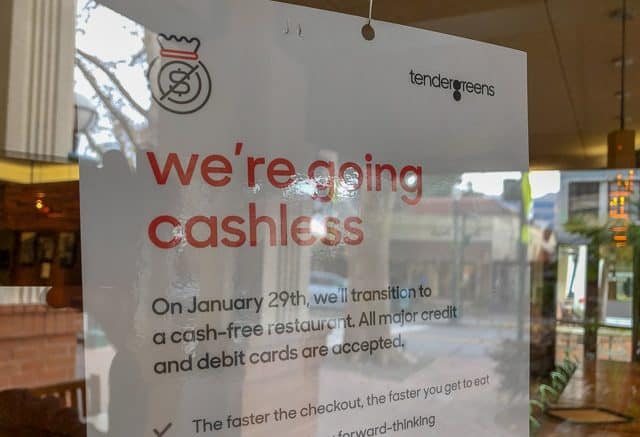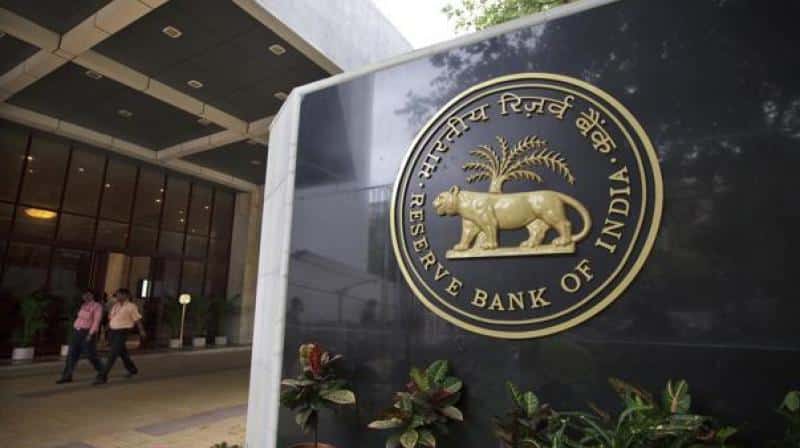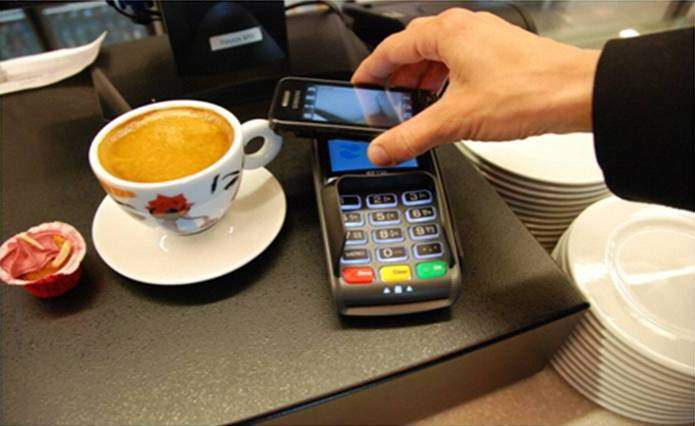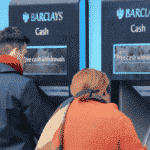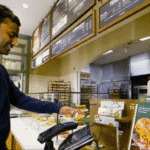|
Getting your Trinity Audio player ready... |
In July 2017, Visa announced it would pay restaurant owners $10,000 to go cashless, and that it had other such campaigns as well. Now many more restaurants are making the switch from cash to plastic. The global movement to strip cash out of society is driven by Technocrats who know that Technocracy cannot thrive without data from every purchase.

